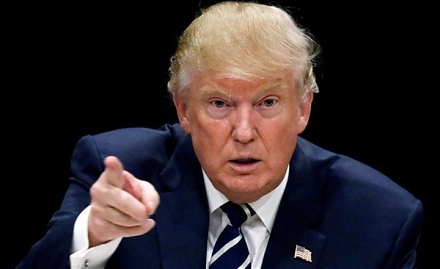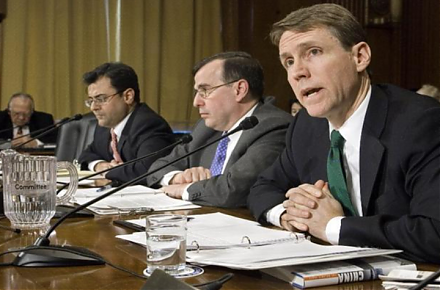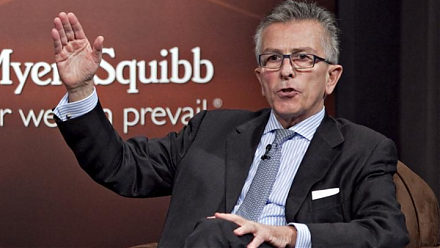

2019-08-10 21:44:00 Sat ET
technology social safety nets education infrastructure health insurance health care medical care medication vaccine social security pension deposit insurance
McKinsey Global Institute analyzes 315 U.S. cities and 3,000 counties in terms of how tech automation affects their workers in the next 5 to 10 years. This analysis finds that the zip code of primary residence may be the most important determinant of the economic future for the American middle class. The 25 U.S. mega-cities and their peripheries are home to about a third of the chief American workforce. These metropolitan areas are likely to continue to capture 60%+ of U.S. job growth in the next few years. By contrast, 54 suburban areas and 2,000 rural counties are home to only a quarter of the U.S. population, and the rural areas may suffer with virtually zero employment growth in the next decade.
In this fresh light, America is a mosaic of local economies that traverse on divergent economic trajectories. Tech automation and artificial intelligence may inadvertently widen these economic disparities. The McKinsey report further indicates that the current tech trends may displace about 12 million Hispanic and African-American workers in the next few years. The government needs to invest in higher education to build the U.S. workforce of the new century, and this public investment should focus on closer employer-educator partnerships.
If any of our AYA Analytica financial health memos (FHM), blog posts, ebooks, newsletters, and notifications etc, or any other form of online content curation, involves potential copyright concerns, please feel free to contact us at service@ayafintech.network so that we can remove relevant content in response to any such request within a reasonable time frame.
2018-01-10 08:40:00 Wednesday ET

President Trump considers imposing retaliatory economic sanctions on Chinese products and services in direct response to China's theft and infringement
2020-03-05 08:28:00 Thursday ET

The Stanford computer science overlords Larry Page and Sergey Brin design and develop Google as an Internet search company. Janet Lowe (2009) Google s
2019-12-28 09:36:00 Saturday ET

Global debt surges to $250 trillion in the fiscal year 2019. The International Institute of Finance analytic report shows that both China and the U.S. accou
2024-04-30 09:30:00 Tuesday ET

With clean and green energy resources and electric vehicles, the global auto industry now navigates at a newer and faster pace. Both BYD and Tesla have
2019-01-10 17:31:00 Thursday ET

The recent Bristol-Myers Squibb acquisition of American Celgene is the $90 billion biggest biotech deal in history. The resultant biopharma goliath would be
2023-05-21 12:26:00 Sunday ET

Amy Chua and Jed Rubenfeld suggest that relatively successful ethnic groups exhibit common cultural traits in America. Amy Chua and Jed Rubenfeld (2015)